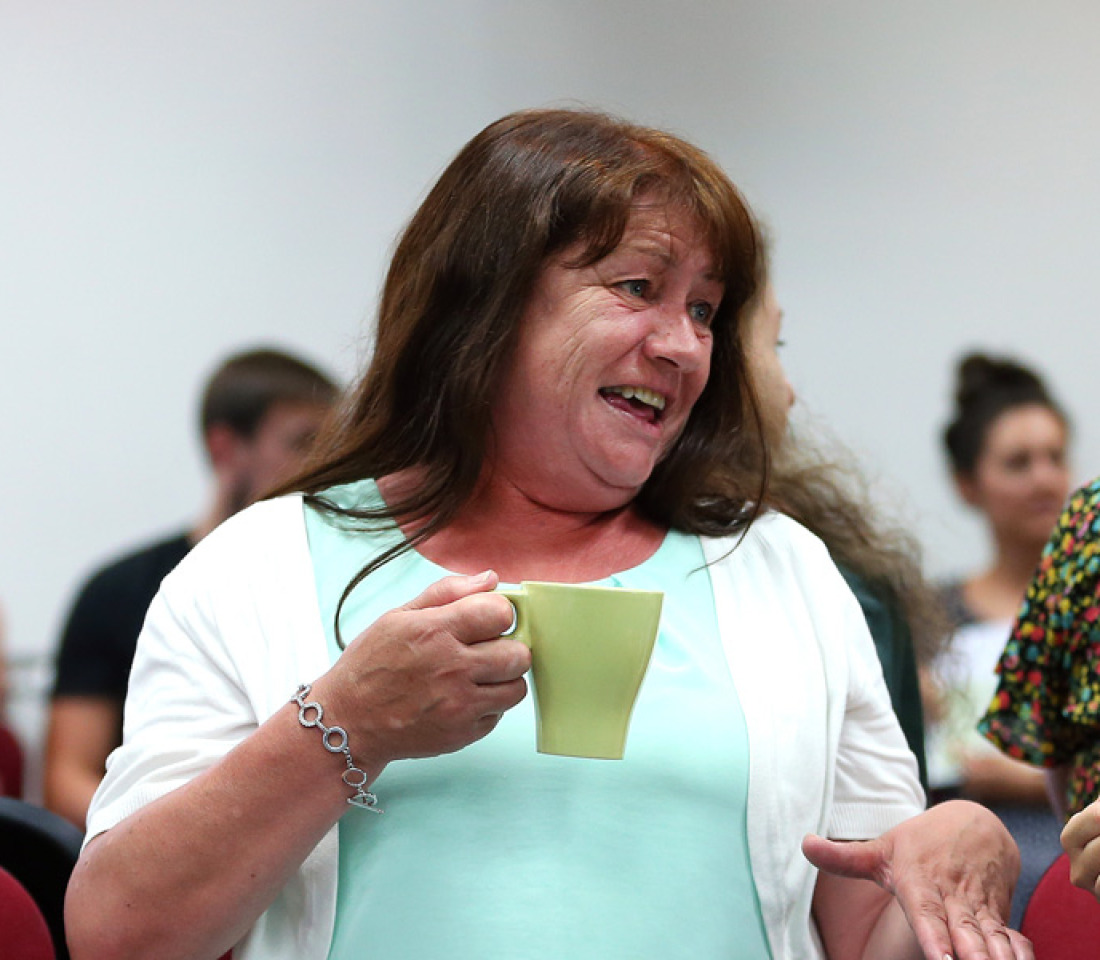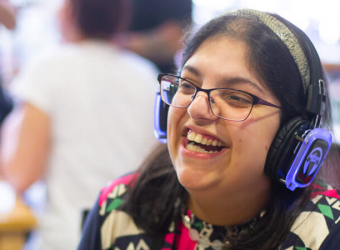
What’s spoon theory? The metaphor helping people with chronic illnesses and disabilities plan their days
The #spoonies hashtag unites people who struggle with energy management
Ever heard of spoon theory before?
Surprisingly, spoon theory has nothing to do with eating. It’s actually a way of explaining how people living with chronic illnesses which cause fatigue, such as neurological conditions and mental illnesses, manage their energy levels.
If you experience fatigue, you may have found it difficult to explain to those around you why seemingly minor tasks can seem huge, and why basic self-care can drain all your energy reserves.
Christine Miserandino, who has lupus, created the spoon theory metaphor to help people understand this.
Why is it called spoon theory?
Christine was eating in a diner with a friend, who asked her how it felt to live with her condition. In response, Christine grabbed every spoon she could find and began to explain how her illness impacted on her life in the best way she could.
To simplify it, each spoon equals a unit of energy.
People who are not living with health conditions often wake up with an unlimited amount of energy. They can get out of bed, shower, dress, make meals, exercise, go to work, visit friends – all without a great deal of thought or planning.

However, people living with physical health conditions, disabilities or mental illnesses may only start out each day with a certain amount of energy – or spoons. It varies person to person, and only you know how many spoons you have.
How does spoon theory work
Let’s say you have 12 spoons, which is the amount Christine used to illustrate the theory. In an average day, you might want to:
- Wake up
- Brush your teeth
- Wash your face
- Get dressed
- Eat breakfast
- Go to the doctors
- Come home
- Make and eat dinner
- Change into your pyjamas
Right away, this comes to 9 activities. Some of these tasks, like brushing your teeth, may only use up 1 spoon, while going to the doctors has a number of stages and could use up 6 spoons.
This only leaves you with 5 spoons for everything else… and there’s no way you can make 5 spoons stretch that far.

Get more news from The Brain Charity
Sign up to our mailing list and receive more blogs like this direct to your inbox.What happens when you run out of spoons?
So what are your options if you need to get everything done with only a small amount of spoons?
You can opt to ‘borrow’ spoons from the next day’s allowance. However, this means you start the next day in deficit. Imagine trying to get all those tasks done with an even smaller number of spoons!
It’s easy to get trapped in a cycle of overdoing it and exhausting yourself, due to not managing your spoons well enough.
The #Spoonies hashtag is bringing people together
#Spoonies is a growing hashtag used across social media to unite and identify people who struggle with energy management.
It’s being used to spread awareness that not everyone can take their energy reserves for granted and to encourage people to support one another.
So the next time a friend cancels plans at short notice, or seems lethargic or irritable – check in with them like Christine Miserandino’s friend did. You never know, they might be a #Spoonie too.
Category: Advice
Published: 18 July 2021
















